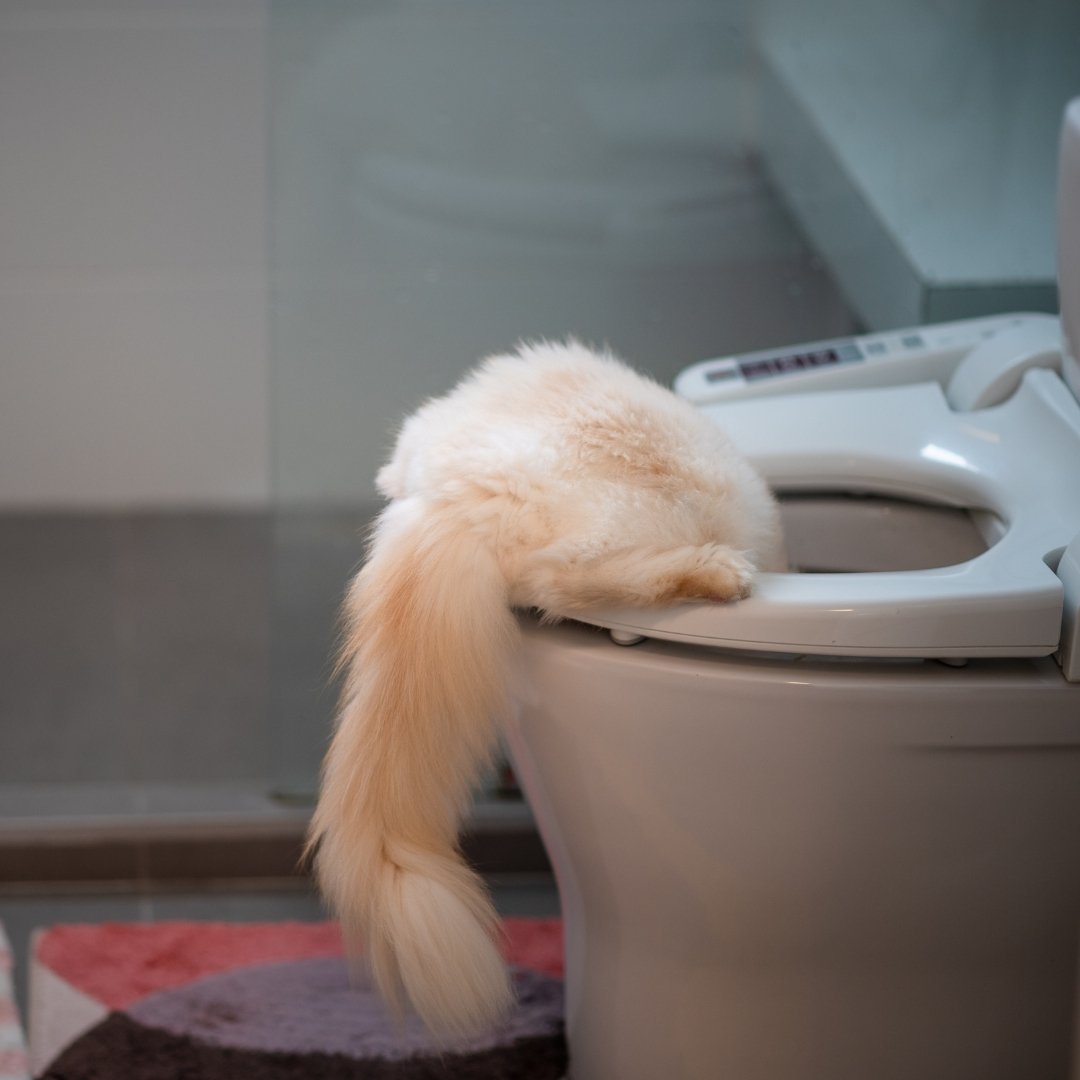We have unearthed this post relating to How to Dispose of Cat Poop and Litter Without Plastic Bags listed below on the internet and decided it made sense to write about it with you in this article.

Intro
As cat owners, it's vital to be mindful of just how we get rid of our feline friends' waste. While it may appear convenient to flush feline poop down the bathroom, this technique can have detrimental consequences for both the atmosphere and human health and wellness.
Alternatives to Flushing
The good news is, there are safer and more responsible ways to deal with cat poop. Think about the following alternatives:
1. Scoop and Dispose in Trash
One of the most usual technique of taking care of pet cat poop is to scoop it right into a naturally degradable bag and toss it in the trash. Make sure to make use of a devoted clutter scoop and throw away the waste promptly.
2. Use Biodegradable Litter
Go with biodegradable feline trash made from products such as corn or wheat. These clutters are eco-friendly and can be safely dealt with in the trash.
3. Bury in the Yard
If you have a lawn, think about hiding feline waste in an assigned area away from veggie yards and water sources. Make certain to dig deep adequate to avoid contamination of groundwater.
4. Install a Pet Waste Disposal System
Invest in a family pet waste disposal system specifically designed for pet cat waste. These systems utilize enzymes to break down the waste, minimizing odor and ecological influence.
Health Risks
In addition to environmental issues, flushing feline waste can also present health dangers to human beings. Pet cat feces may have Toxoplasma gondii, a parasite that can trigger toxoplasmosis-- a possibly severe ailment, especially for expectant women and individuals with damaged immune systems.
Environmental Impact
Purging cat poop introduces unsafe pathogens and parasites right into the supply of water, presenting a substantial threat to marine ecosystems. These contaminants can negatively affect aquatic life and concession water quality.
Verdict
Responsible pet ownership prolongs past providing food and shelter-- it additionally includes appropriate waste management. By refraining from purging pet cat poop down the bathroom and choosing alternative disposal approaches, we can minimize our environmental footprint and secure human health.
Why Can’t I Flush Cat Poop?
It Spreads a Parasite
Cats are frequently infected with a parasite called toxoplasma gondii. The parasite causes an infection called toxoplasmosis. It is usually harmless to cats. The parasite only uses cat poop as a host for its eggs. Otherwise, the cat’s immune system usually keeps the infection at low enough levels to maintain its own health. But it does not stop the develop of eggs. These eggs are tiny and surprisingly tough. They may survive for a year before they begin to grow. But that’s the problem.
Our wastewater system is not designed to deal with toxoplasmosis eggs. Instead, most eggs will flush from your toilet into sewers and wastewater management plants. After the sewage is treated for many other harmful things in it, it is typically released into local rivers, lakes, or oceans. Here, the toxoplasmosis eggs can find new hosts, including starfish, crabs, otters, and many other wildlife. For many, this is a significant risk to their health. Toxoplasmosis can also end up infecting water sources that are important for agriculture, which means our deer, pigs, and sheep can get infected too.
Is There Risk to Humans?
There can be a risk to human life from flushing cat poop down the toilet. If you do so, the parasites from your cat’s poop can end up in shellfish, game animals, or livestock. If this meat is then served raw or undercooked, the people who eat it can get sick.
In fact, according to the CDC, 40 million people in the United States are infected with toxoplasma gondii. They get it from exposure to infected seafood, or from some kind of cat poop contamination, like drinking from a stream that is contaminated or touching anything that has come into contact with cat poop. That includes just cleaning a cat litter box.
Most people who get infected with these parasites will not develop any symptoms. However, for pregnant women or for those with compromised immune systems, the parasite can cause severe health problems.
How to Handle Cat Poop
The best way to handle cat poop is actually to clean the box more often. The eggs that the parasite sheds will not become active until one to five days after the cat poops. That means that if you clean daily, you’re much less likely to come into direct contact with infectious eggs.
That said, always dispose of cat poop in the garbage and not down the toilet. Wash your hands before and after you clean the litter box, and bring the bag of poop right outside to your garbage bins.
https://trenchlesssolutionsusa.com/why-cant-i-flush-cat-poop/

Do you really like reading up on Don’t flush cat feces down the toilet? Give a comment directly below. We would be interested to know your feelings about this content. We are looking forward that you come back again soon. Liked our piece? Please share it. Help somebody else check it out. Thank you so much for going through it.
Click Here